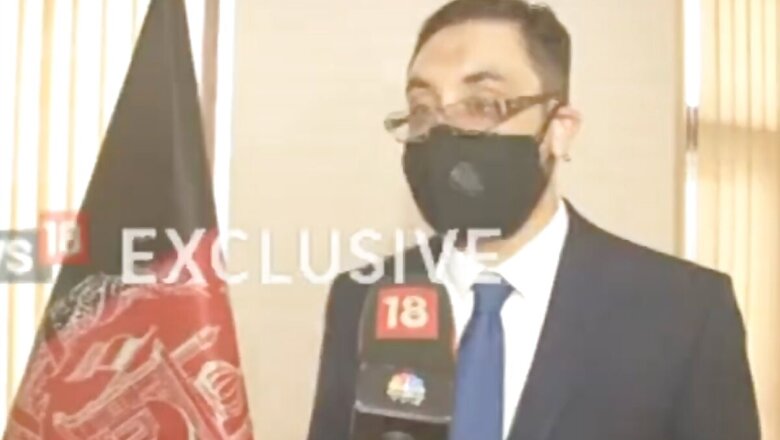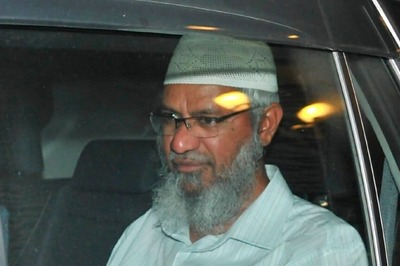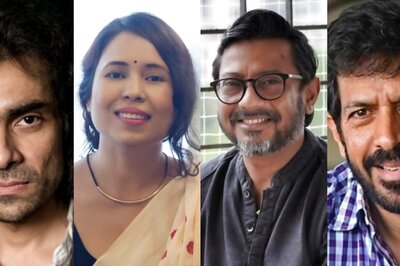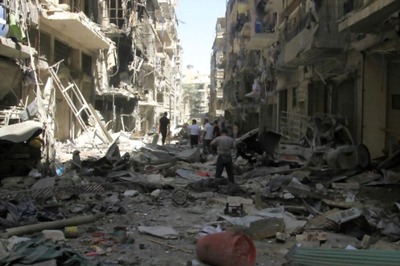
views
There has been a sharp escalation in violence in Afghanistan over the last few months. Even as intra-Afghan talks continue and the United States prepares to pull out its troops completely in September, there remains a question mark on the Taliban’s sincerity. This has heightened India’s concerns for the region.
Afghanistan’s Ambassador to India Farid Mamundzay, speaking to CNN News18, agreed that “India has legitimate concerns in Afghanistan”. There are over 20 terror organisations that the Taliban supports with some that directly target India and Indian assets. The Taliban is now sitting at the negotiating table and India is trying to tap into its leadership in Doha. However, CNN-News18 has learnt from sources that India is yet to make any significant headway in being able to talk to the head of the Taliban’s political office, Mullah Abdul Ghani Baradar.
And even as India awaits this opening for a conversation, Ambassador Mamundzay said that the Afghanistan government has expectations from India of sending “a clear message to the Taliban to let go of violence and preserve the gains of the last 20 years, particularly the democratic gains”.
He said, “As the world’s largest democracy, India has always stood for democratic values in Afghanistan and the government and people of Afghanistan expect New Delhi to continue supporting these principles.”
During the Taliban regime in Afghanistan from 1996-2001, India’s relationship had shrunk to virtually zero. But since the fall of the Taliban, India has deeply invested in the region. India has undertaken about 400 development programmes in Afghanistan in its 34 provinces. New Delhi recently announced the building of the Shahtoot Dam in Kabul for providing safe drinking water. This being the second one after the Salma dam that was inaugurated in 2016.
However, with the Taliban making inroads again, the situation seems alarming. The Taliban has taken over 50 out of 374 districts already. But sources say that does not mean that they can take control of the country. They stress that 80 per cent of the country and population and importantly the urban centres are governed by the Afghanistan government and fully in their control. Some districts that have been taken over are of little or no strategic significance.
The fact that the Taliban still continues to have ties with Al-Qaida remains a matter of grave concern as US troops withdraw. The eleventh report of the Analytical Support and Sanctions Monitoring Team, submitted to the UN Security Council in May 2020 mentioned that relations between the Taliban and Al-Qaida “remain close”. It said, “the Taliban regularly consulted with Al-Qaida during negotiations with the United States… The challenge will be to secure the counter-terrorism gains to which the Taliban have committed, which will require them to suppress any international threat emanating from Al-Qaida in Afghanistan”.
In his address at the UNSC on June 22, External Affairs Minister S Jaishankar said, “Intra-Afghan talks have not resulted in a reduction of violence in Afghanistan. On the contrary, violence has only increased, especially after 1st May.” He added that “durable peace in Afghanistan requires a genuine ‘double peace’. That is peace within Afghanistan and peace around Afghanistan. It requires harmonising the interests of all, both within and around that country”.
Ambassador Mamundzay believes India can play a role in bringing peace. He said, “This is not the same India that it was during Taliban regime. India has leverage in the international arena, has a seat currently in UNSC and India has strategic relations with US and many key NATO member States. As a responsible regional and international power, it should make valuable and timely use of its convening power to support the Afghan people in this difficult juncture to reach a dignified and last peace settlement.”
A peaceful and stable region is just as crucial for India as for Afghanistan and for this reason, New Delhi may seem to be only on the periphery of the current developments but come September as a country in the region, it will have to tackle the situation head-on.
Read all the Latest News, Breaking News and Coronavirus News here.


















Comments
0 comment